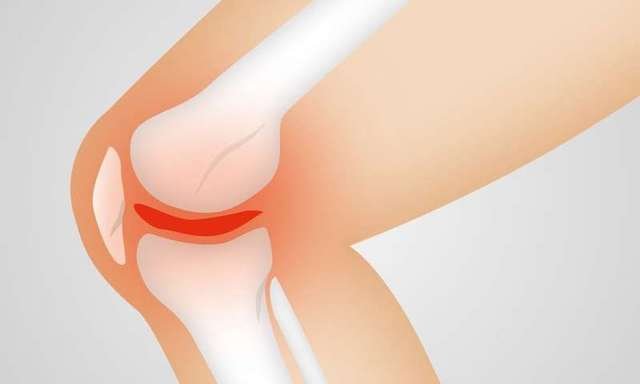
in a new study, QUT scientists have found that a drug derived from omega-3 fatty acids can reduce osteoarthritis inflammation that’s been caused by a high-fat diet.
The study is among the first to investigate resolvin D1 (RvD1), which has reported anti-inflammatory properties, as a possible treatment for diet-associated osteoarthritis.
Osteoarthritis affects knees, hips and other joints in the body causing pain, stiffness and sometimes severe disability.
The work built on previous QUT-led research that identified the association between osteoarthritis and a high-fat, high-carbohydrate diet.
In this new study, the team looked at the effect of a couple of different drugs, including RvD1, on the joint inflammation that’s part of obesity-associated osteoarthritis.
They found in the laboratory that RvD1 decreased pro-inflammatory markers in human joint cells, and in mice it reduced the progression of obesity-related osteoarthritis in knee joints, cutting the number of pro-inflammatory cells in the joint tissue, reducing the severity of inflammation and improving degradation of the cartilage and joint membranes.
Because RvD1 is derived from omega-3 fatty acids, which have several uses in the body, it is a natural and safer drug to consider for treatment.
The results provide new evidence for targeted therapies to reduce inflammation in people who have metabolic osteoarthritis that is associated with a high-fat diet.
The researchers also studied another drug, clodronate liposomes (CL), and found it was also effective in reducing osteoarthritis inflammation in obese mice.
However this drug, which has more targeted effects and breaks up cells, may not be as easily translatable as RvD1 to a novel treatment therapy for osteoarthritis.
The study is published in Scientific Reports.
Copyright © 2019 Knowridge Science Report. All rights reserved.
Source: Scientific Reports.



